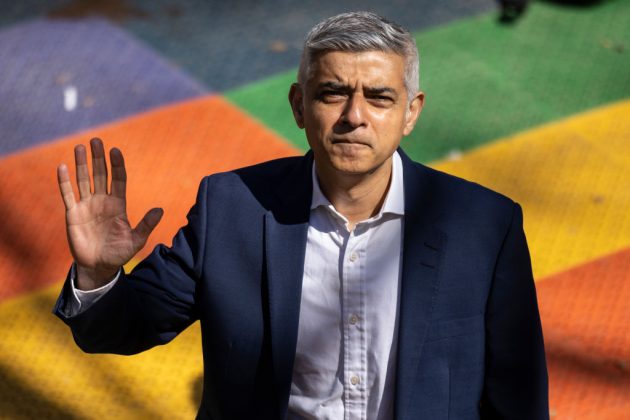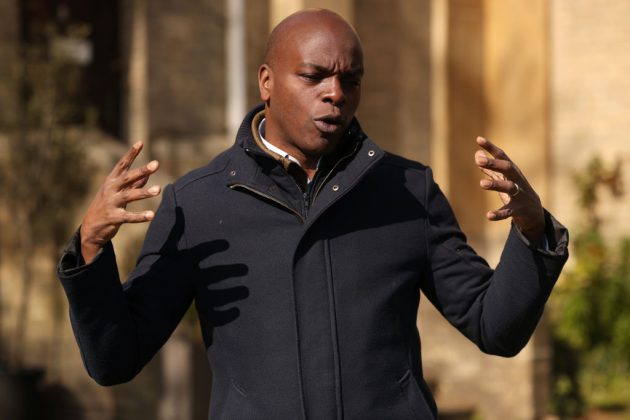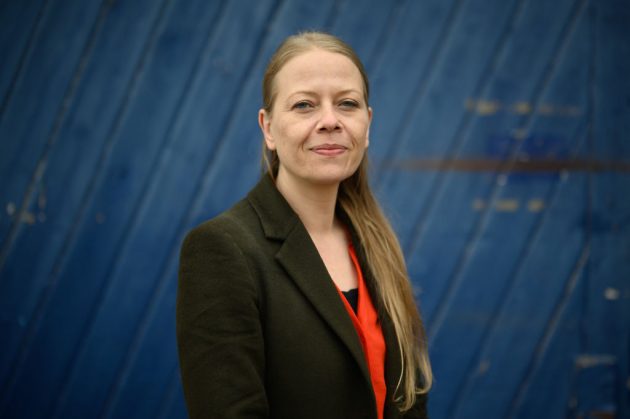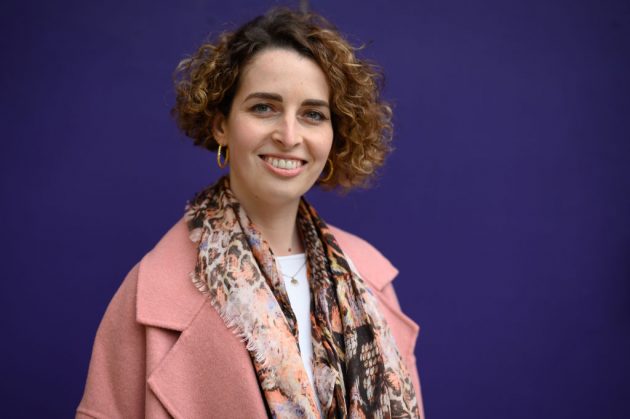Mayor of London election: Where do the major candidates stand on law and order?

With the 6 May mayor of London election coming up, City A.M. is producing a four-piece series on where the four leading candidates stand on different issues. Today, we look at law and order policies from the candidates from Labour, the Conservatives, the Green Party and the Liberal Democrats.
Sadiq Khan

Khan has promised to lobby the government for an extra £159m a year for police spending, which would go toward a planned 6,000 new Metropolitan Police officers.
Khan and Met Commissioner Cressida Dick believe London should get more than a quarter of Boris Johnson’s 2019 election manifesto promise of 20,000 more police officers in England and Wales.
The incumbent mayor’s manifesto also pledges to spend £187m in technology that will help the Met “make policing more efficient and safe”, with an emphasis on systems to help deal with “serious and organised crime, online fraud and cybercrime”.
Khan will also create a new commission to investigate the effects of decriminalising cannabis in the capital if re-elected, however it is only central government that could bring in this type of legislation.
He will continue to run his Violence Reduction Unit, which takes a “public health approach” to violent crime by running a series of programmes at the community level to tackle the causes of crime.
Shaun Bailey

The Conservative candidate has pledged to hire 8,000 more police officers and reopen 38 recently closed police stations as a part of his promise to cut crime in his first 100 days as mayor.
The former David Cameron advisor believes he can pay for this through a large increase in central government funding.
Bailey would also open 32 new youth centres and create 4,000 new youth workers, which would be funded by £450m from unclaimed Oyster Card balances.
As mayor, Bailey would force the Met to increase stop and search operations, use infrared scanning technology to detect people carrying knifes and increase 24/7 police foot patrols on the Tube network.
He would also call for tougher mandatory sentences for knife and acid possession and push all firms with more than 250 employees to implement drug testing regimes.
Sian Berry

The Green Party co-leader would tell the Met to deprioritise cannabis enforcement and would put a halt to randomised stop and search if elected as mayor.
Berry’s manifesto sets a target of 0 murders a year by 2031 in the capital, after more than 120 in 2020, and would emphasise more local policing on High Streets.
She has pledged to reopen police stations closed under Khan, while also creating more “local shop fronts and bases for community police”.
She would enforce police training programmes so that officers could better deal with “violence against women, help young people facing problems, and to protect groups affected by hate crime”.
Luisa Porritt

The Liberal Democrats’ candidate also calls for a greater emphasis on community policing in her manifesto, while promising to put a moratorium on closing any more police stations.
If elected mayor, each borough in London would have at least four dedicated police officers.
Like Khan’s two other major challengers she will also reopen police stations closed under the mayor, while also doubling the number of “dedicated ward officers across the capital”.
Porritt would instruct police to not enforce cannabis laws, while also banning randomised stop and search by Met officers.
A Porritt City Hall would create a “London Youth Service” to run programmes as soon as the school day ends to try and keep young pupils out of the clutches of gangs.